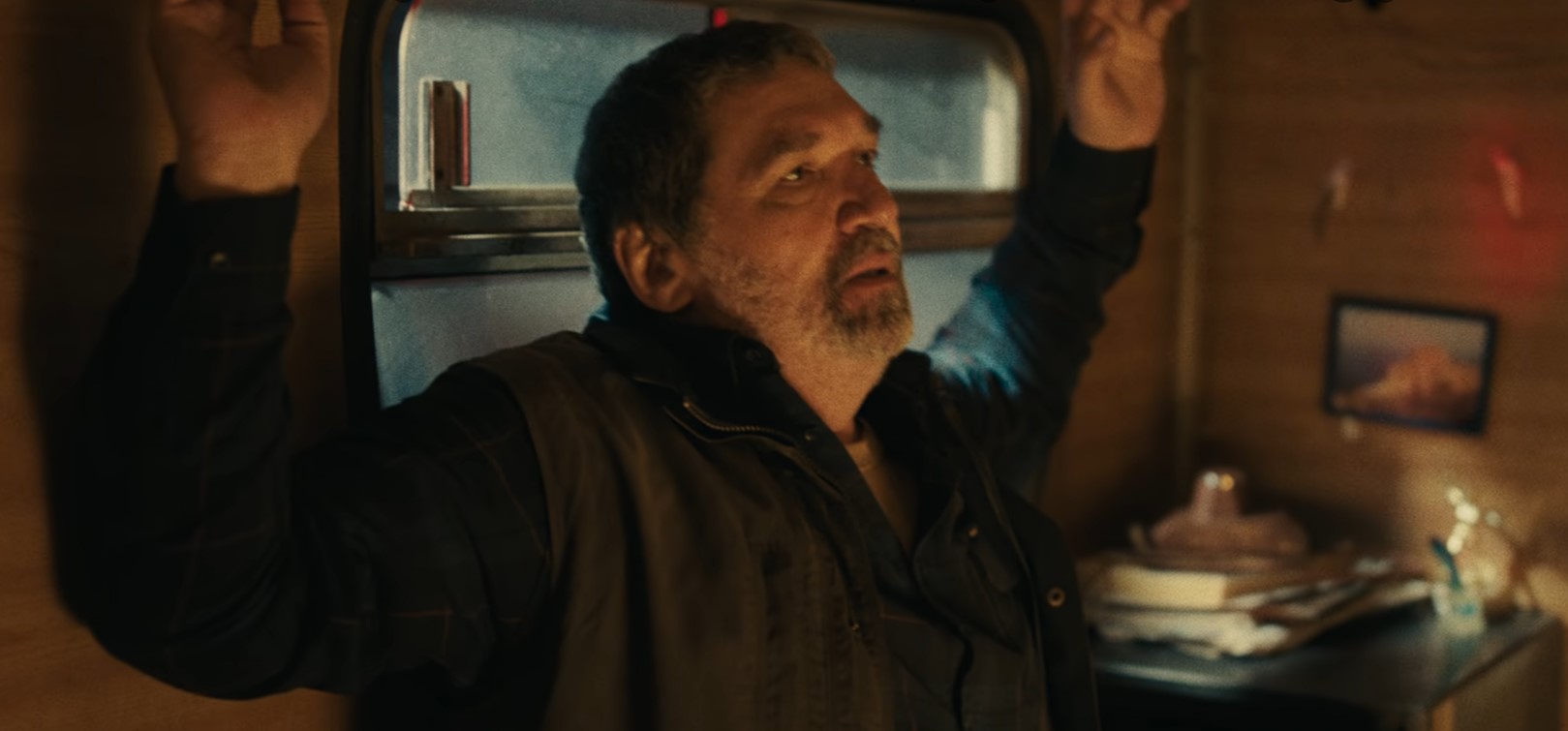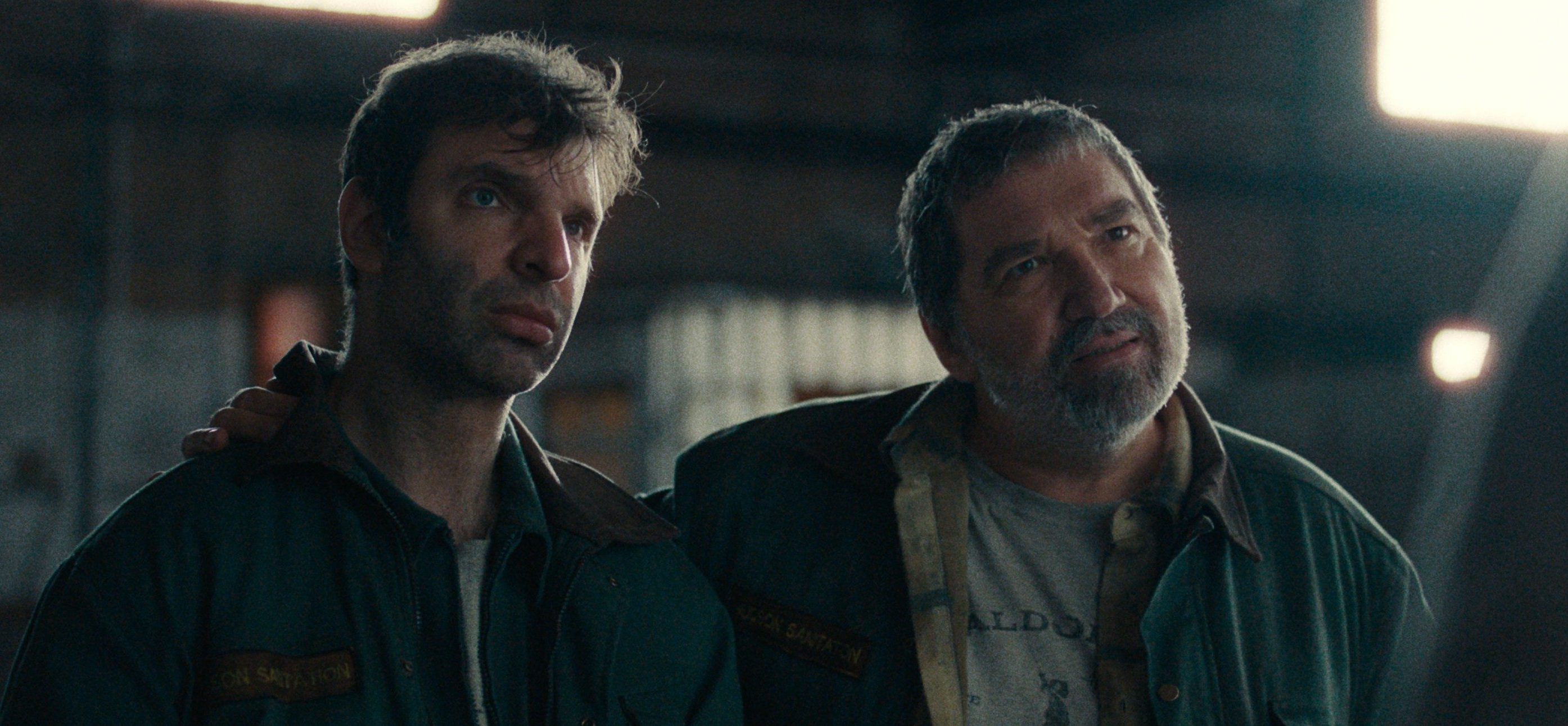Even though Netflix’s ‘Eric’ is primarily about a nine-year-old boy’s disappearance, creator Abi Morgan explores the nuances of life in New York City in the 1980s in the show. Through the investigations of Edgar Anderson and Marlon Rochelle’s disappearances, the crime drama series examines the diverse economic classes existing in the city. Hudson Sanitation is a part of this class division. Through the staff members’ adherence to their boss, Bruno di Bari, one of the most prominent businessmen in the city, Morgan dives into the power dynamics that exist in a place like New York City, justifying the creation of Hudson Sanitation and the company’s workers!
Hudson Sanitation: The Underbelly of New York City
Hudson Sanitation doesn’t exist in reality. Abi Morgan created ‘Eric’ after living in New York City in the 1980s. The screenwriter was exposed to the division of class that existed in the region during the same time. “As you walk around any great city, you start to see the upper class, the lower class, the underclass,” Morgan told Entertainment Weekly. “That became a very intriguing world for me. Suddenly I looked at New York like a forest — so it’s the idea of a boy who goes missing in this forest and a quest of a father to go and find him,” she added. Hudson Sanitation and the garbage collection company’s hub are part of this dense forest.

Following Morgan’s division of class, the staff members of Hudson Sanitation belong to the underclass. They are controlled by the upper class in the form of Bruno di Bari, a highly influential and wealthy businessman who controls New York City’s politics through his brother-in-law and the deputy mayor, Richard Costello. Misha and his boss don’t have a choice but to clean up the mess made by Bruno and his close ones. That’s the reason why they dispose of Marlon Rochelle’s dead body after he got killed while being intimate with Costello. When Bruno asks them to take care of Misha, they are forced to turn against one of their own.
‘Eric’ shows us that the division of class applies in the world of not only economics but also crime. After committing the murder of Marlon, the killers disappear from the eyes of the law, only for the sanitation workers to do the dirty work. But why exactly does a sanitation company take center stage? The answer lies in the history of garbage not only in New York City but also in countries like Italy. Like the Camorra, the mafia group that controlled garbage collection in Naples, La Cosa Nostra was involved in the trash business in New York City from the 1950s to 1990s. In addition to the revenue from the business, the industry opens a window to hide one’s crimes.
Read More: Is PLN a Real TV Channel?


